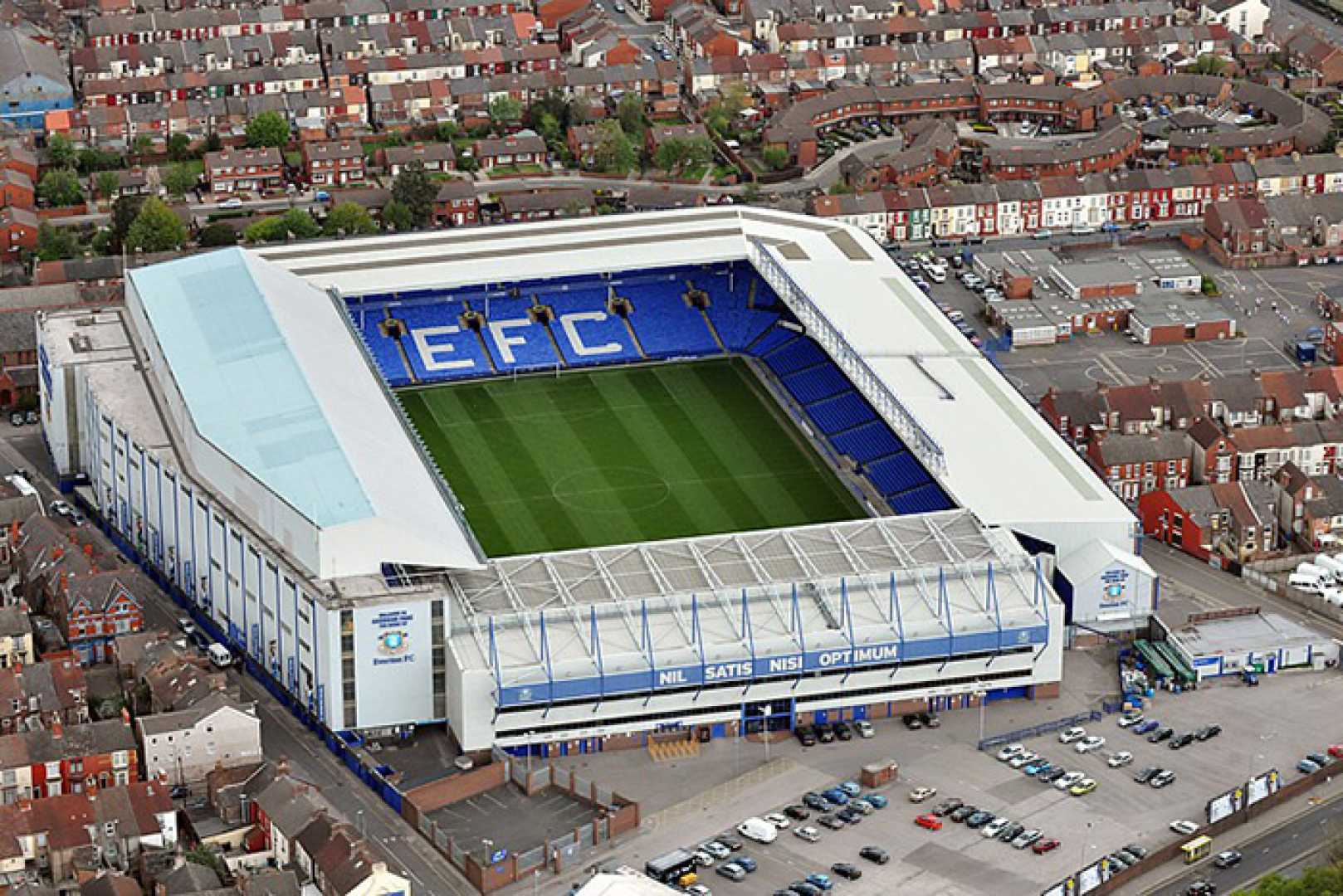Sports
Goodison Park Transition: Emotions Run High as Women’s Team Moves In

Liverpool, England – Jamie Yates, a lifelong Everton supporter, was experiencing a breakdown in a secure mental health unit when he had a dream that brought him back to his roots. In this dream, he walked with his daughter through the terraced streets near Goodison Park, the home of Everton Football Club.
Upon leaving the hospital, Yates decided to find a new home close to the historic stadium. He drew a half-mile radius around Goodison and started looking for rentals. “I was so low, and I thought that if I could just walk out of my door and see this place every day, that would cheer me up,” Yates shared. “Goodison has been part of saving my life.”
The impending move of the Premier League club to a new 52,888-seat stadium on the River Mersey at the end of this season has sparked a mix of emotions among fans and nearby residents. As Sunday marks Goodison’s last top-flight fixture after 133 years, many reflect on the memories made in its Archibald Leitch-designed stands, where legends like Pelé and Dixie Dean graced the pitch.
In a surprising announcement, Everton stated that Goodison Park would not be demolished but would be repurposed as the home ground for the women’s team, a decision regarded as a game-changing moment for women’s football. However, the departure of the men’s team raises concerns about the economic impact on local businesses.
Harneet Kaur, owner of Goodison News, expressed worry about future business. “On match day it’s chokka in here. It’s going to be a quiet life now, and I don’t like a quiet life,” she said, acknowledging that match days accounted for a significant part of her revenue.
Dave Bond, manager of the Winslow pub, noted that home games represent about 85% of their turnover. He hopes fans will continue their pre-match routines, despite the move. “When you lose that massive footfall, you’ll never replace it, but we have to try something,” he stated.
The new stadium at Bramley-Moore dock promises significant economic benefits, with Everton estimating it will generate a £1.3 billion boost to the north Liverpool economy and create 15,000 jobs. Yet, uncertainty looms over the future of Goodison Park and its surrounding area.
Sue Gregory, chief executive of Everton’s charitable arm, assured that the club would remain engaged with the community, keeping support services running in the area. “The men are going to move to a different patch of grass. But people trust us here, we’re staying firmly in the community,” she said.
Yates remains hopeful about the future of Goodison Park. With the women’s team moving in, he believes that the legacy of the stadium can continue. “There will still be football played at Goodison, I can still take my daughter. It could be really special,” he said.












